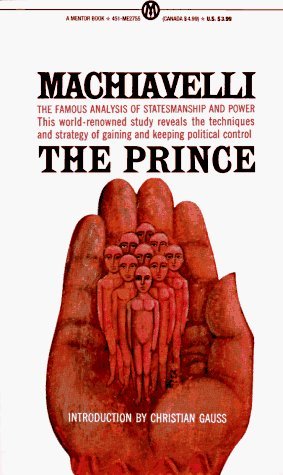“The Prince” by Niccolò Machiavelli is a controversial and influential political treatise that offers a pragmatic and ruthless approach to gaining and maintaining power. While some of Machiavelli’s ideas may seem unethical or even cruel, his insights into the nature of power and politics continue to be studied and debated today.
One of the key themes of the book is the idea that the end justifies the means. Machiavelli argues that the ultimate goal of a leader is to maintain power, and that any means necessary can be used to achieve this end. He suggests that leaders should be willing to use deception, manipulation, and even violence to achieve their goals.
Another important theme is the power of fear. Machiavelli suggests that it is better for a leader to be feared than loved, as fear can be a more effective means of controlling people. He also emphasizes the importance of appearances and perceptions in politics, and suggests that leaders should use propaganda and other means to control public opinion.
While “The Prince” is often criticized for its ruthless and amoral approach to politics, it is also considered a classic and influential work of political theory. Machiavelli’s ideas about the use of power and the limits of authority continue to be studied and debated by scholars and politicians today. Overall, “The Prince” is a challenging and thought-provoking book that offers a unique and controversial perspective on the dynamics of power and politics.


